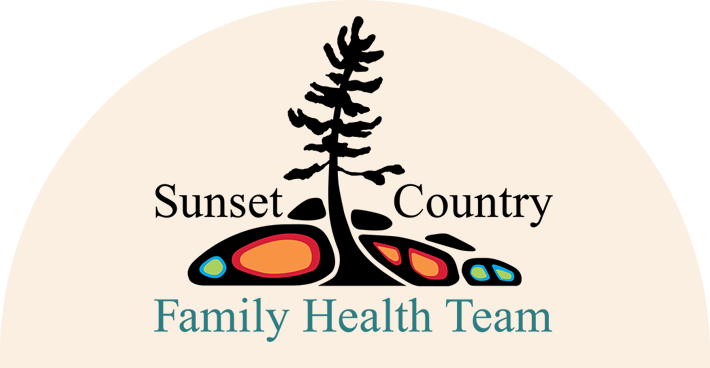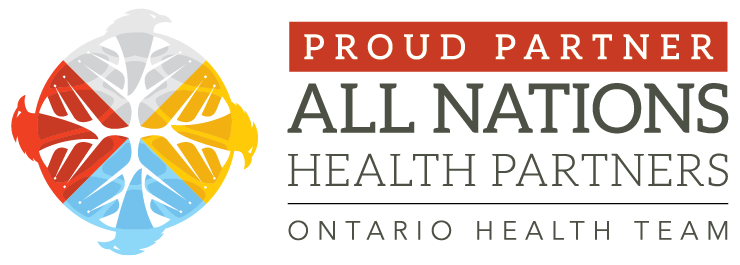
Purpose
This policy has been developed in accordance with the Accessibility for Ontarians with Disabilities Act (AODA) and addresses how the Sunset Country Family Health Team (SCFHT) will meet our responsibility and legal obligation to provide our services in an equitable and accessible manner.
Policy
The SCFHT is committed to providing an environment that is free of discrimination and harassment and providing persons with disabilities with equal opportunities and standards of goods and services. We are dedicated to treating all people in a way that allows them to maintain their dignity and independence.
Disability
“Disability” shall mean the same as the definition of disability found in the Ontario Human Rights Code:
- Any degree of physical disability, infirmity, malformation or disfigurement that is caused by bodily injury, birth defect or illness and, without limiting the generality of the foregoing, includes diabetes mellitus, epilepsy, a brain injury, any degree of paralysis, amputation, lack of physical co-ordination, blindness or visual impediment, deafness or hearing impediment, muteness or speech impediment, or physical reliance on a guide dog or other animal or on a wheelchair or other remedial appliance or device;
- A condition of mental impairment or a developmental disability;
- A learning disability or a dysfunction in one or more of the processes involved in understanding or using symbols or spoken language;
- A mental disorder, or
- An injury or disability for which benefits were claimed or received under the insurance plan established under the Workplace Safety and Insurance Act, 1997.
Use of Service Animals, Support Persons, and Assistive Devices
Service Animal
Persons with disabilities may enter our premises accompanied by a service animal and keep the animal with them, if the public has access to such premises, and the animal is not otherwise excluded by law. It is the responsibility of the person with a service animal to control the animal at all times.
In the event a staff member or patient is allergic to animals, alternative arrangements will be negotiated.
Support Persons
Persons with disabilities may enter our premises accompanied by a support person and may have access to that support person at all times. Consent from the person with a disability is required when communicating private issues related to the person with a disability, in the presence of a support person.
Assistive Devices
Persons with disabilities may use their own assistive devices as required when accessing goods or services provided by the SCFHT. In cases where the assistive device presents a safety concern or where accessibility might be an issue, other reasonable measures will be used to ensure the access of services.
Communication
The SCFHT will communicate with persons with disabilities in ways that take into account their disability. This means employees will communicate in a means that enables persons with disabilities to communicate effectively for purposes of using, receiving, and requesting our goods, services, and facilities.
Disruption of Services
In the event of any temporary disruptions to facilities or services that persons with disabilities rely on to access or use the SCFHT’s services, reasonable efforts will be made to provide advance notice. In some circumstances, such as in the situation of unplanned temporary disruptions, advance notice may not be possible. When disruptions occur, the SCFHT will provide notice by: posting notices in conspicuous places including at the main entrance, posting on the SCFHT website, contacting patients with appointments, and/or any other method that may be reasonable under the circumstances.
Website
As listed in the Integrated Accessibility Standards Regulation, the SCFHT will ensure that our internet website, including web content, conforms to:
- Web Content Accessibility Guidelines from the World Wide Web Consortium (W3C)
- WCAG 2.0 Level AA Standard – compliant to 2021 standards
